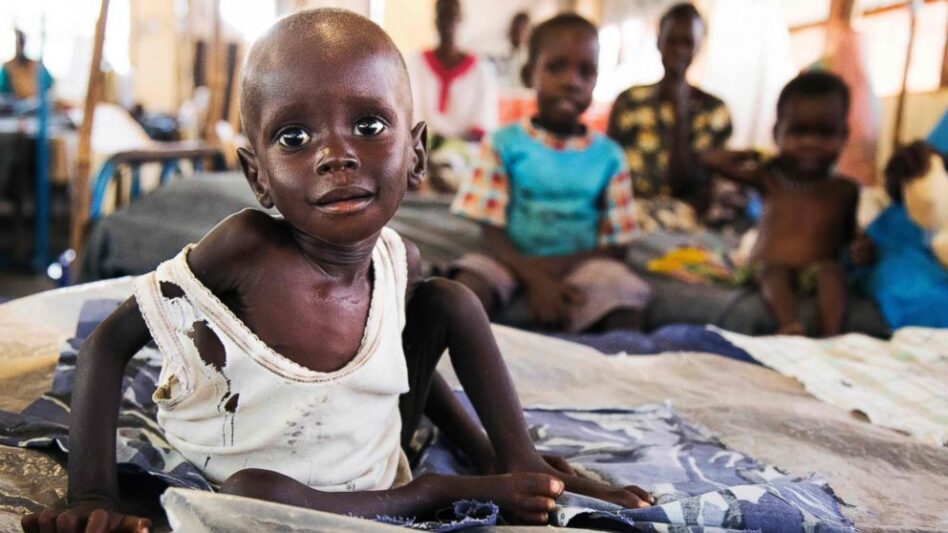PUTRAJAYA: The National Science Council (NSC) has agreed on two ministries to work together to identify focus areas of science, technology, innovation and economics (STIE) to be implemented under the 12th Malaysia Plan (12MP), beginning the first quarter.
The two ministries are the Ministry of Energy, Science, Technology, Environment and Climate Change (MESTECC) and the Ministry of Economic Affairs, MESTECC said in a statement released following the NSC’s first meeting of 2020 here today (Feb 05).
The meeting was chaired by Prime Minister Tun Dr Mahathir Mohamad, who in his opening address, expounded on the contribution of science in everyday life and the importance of science to the nation’s development.
Calling for attention to be given towards nurturing scientific mindset and culturising science, technology and innovation (STI) among the people in all aspects of life, he said the development should begin in schools through the development of appropriate and innovative curriculum and pedagogy.
The statement said the NSC also discussed on the challenges and experiences shared by industry representatives in the face of global competition and proposed solutions to adapt to rapid technological developments in tandem with the country’s socio-economic development.
Dr Mahathir said the country needs best practices from successful STI development anchored by high-tech industry and high investment in pre-commercialisation research to develop new products that could be exported to the international market, he said.
“For example, high-tech companies based in Korea have 5,000 doctoral graduates who carry out research and innovation development,” the statement said.
The NSC also agreed that the collaboration between the government and the high-tech industry would be expanded so that the country could increase the number of pre-commercial research focusing on experimental development to produce high-impact innovation.
MESTECC said Malaysia currently provides 14.6% of the country’s total research and development (R&D) allocation for experimental development compared to neighbouring countries such as Thailand (51.7%) and Singapore (48.3 %).
The collaboration has been proven to be effective through the Collaborative Research in Engineering, Science and Technology (CREST) model in the electrical and electronics sector in the northern zone of Peninsular Malaysia.
It will be expanded to four sectors, namely health and well-being; Fintech in Islamic finance (services); industry 4.0 (manufacturing), and halal supply chain under the MESTECC’s i-Connect programme.
The statement said the NSC also supported the drafting of the STI Act under the National Science, Technology and Innovation Policy 2021-2030 initiative to institutionalise the country’s STI landscape and ensure a clear long-term continuity and governance to drive STI towards economic development and prosperity of the people.
Dr Mahathir said MESTECC and the Education Ministry will work together to develop appropriate curriculum and pedagogy to increase students’ interest in science subjects.
The NSC, the national apex committee set up for the STI sector governance, sets the direction of the country’s STI sector and monitors the progress of the programmes undertaken, as well as the research, development and commercialisation activities.
The NSC meeting was also attended by Energy, Science, Technology, Environment and Climate Change Minister Yeo Bee Yin, her deputy Isnaraissah Munirah Majilis and MESTECC secretary-general Datuk Dr Dr Siti Hamisah Tapsir. – Feb 05, 2020, Bernama









